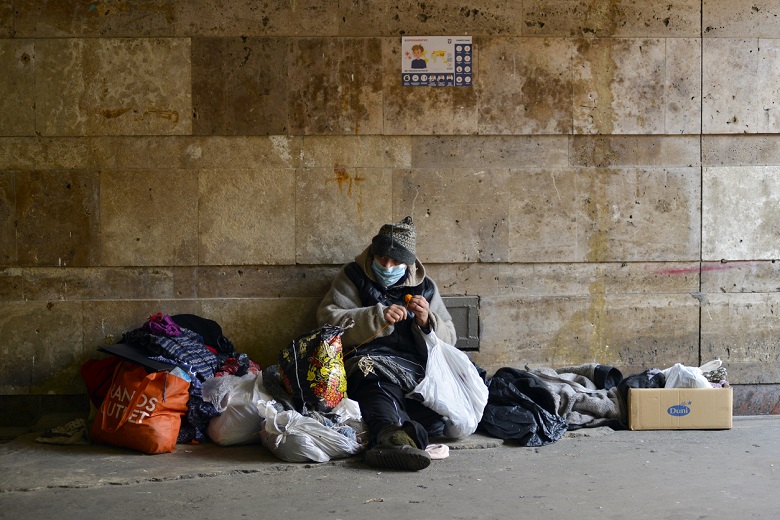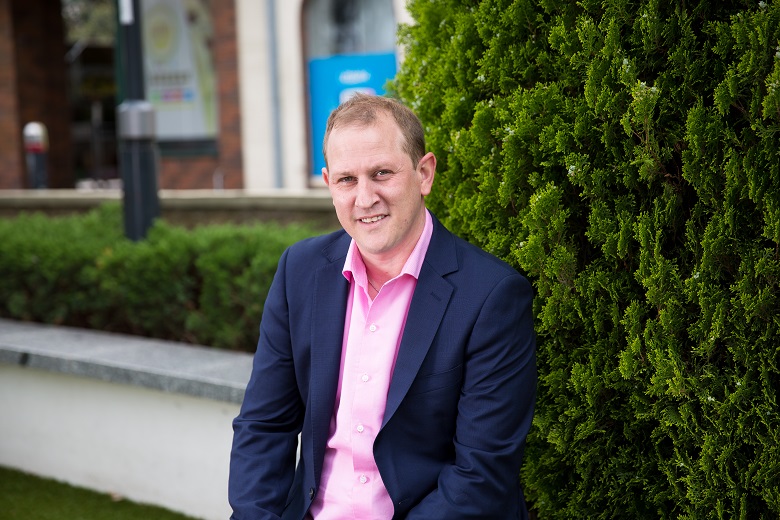
A collective of Melbourne councils has joined together to call for urgent action for more social housing to put an end to homelessness.
The 13 councils represent more than two million residents in Melbourne’s east and south east.
To guide their campaign, the alliance of councils has adopted The Regional Local Government Homelessness & Social Housing Charter 2020.
This charter was determined following a forum, initiated by the City of Monash, in November last year, and attended by CEOs and senior staff from all councils, housing providers, peak bodies and state government.
The focus of the forum was on research commissioned by Monash Council through the Council to Homeless Persons, Making a Difference – effective local government responses to homelessness, which identified that the most powerful way for councils to contribute to solving this problem is to advocate for more social housing.

Monash mayor Stuart James said the biggest issue for the alliance of councils is the large amount of people on the social housing waiting list within their municipalities.
“Forty per cent of those on the social housing wait list are located within our council areas, the 13 councils, so almost half of the people waiting for housing are in our municipalities,” he told Government News.
Three levels of government working together
The charter prioritises three regional commitments that the alliance of councils will act on. These include:
- Work in partnership with federal and state government, public and private sector partners in a coordinated approach to deliver meaningful outcomes to increase the provision of social housing and respond to homelessness in east and south east Melbourne
- Scope land within each LGA that has the potential to be re-purposed for adaptable housing needs
- Advocate together for inclusive housing growth including mandatory inclusionary zoning.
“The fundamental thing in the charter is working in partnership with the federal and state governments to coordinate an approach,” Clr James said.
I think personally, as we come out of the Covid-19 crisis, we’re going to see a lot bigger increase in homelessness and in people seeking refuge merely from financial issues.
Cr Stuart James
One role that local government can play is to scope out land in their municipalities that could be refurbished for adequate housing, he said.
Clr James and his team are currently looking at Monash to find land to be rezoned from commercial or industrial into residential zones.
This will come with a big uplift in land value, and Council is looking at ways to ask owners of that land to contribute 80 per cent of the value uplift in the land back into social and affordable housing.
“We could do that at a local level absolutely, but that means that 13 different councils have to go through that massive process,” he said.
“Whereas the Minister for Planning, for example, can just put in inclusion zoning across the state with the flip of a pen and that would be a better outcome for everyone.”
Impact of Covid-19
The Covid-19 pandemic has exacerbated the problem of homelessness.
“Since Covid-19’s come, we’ve found, with people losing jobs and losing income, the rate of homelessness has increased dramatically,” Clr James said.
“I think personally, as we come out of the Covid-19 crisis, we’re going to see a lot bigger increase in homelessness and in people seeking refuge merely from financial issues.”
I think the longer we leave it before we take action, the bigger the problem comes over the longer term.
Cr Stuart James
The pandemic has brought to the forefront the problems that need to be addressed, according to Clr James.
“The problem of social housing and affordable housing is not something new; it’s not something that’s just happening now,” he said.
“It’s something that comes about after decades of lacking investment from both state and federal government.”
Clr James recognises that the problem of homelessness is not unique to Victoria or Melbourne but needs to be addressed on a national scale.
“It’s about getting all levels of government together…in the same room to firstly recognise there is a problem and, secondly, how do all three levels of government work together to provide an adequate solution moving forward,” he said.
However, changes could take up to a decade to come into effect, Clr James said.
“We’re now looking at 2030 as being the earliest that will have some on-the-ground change, and I think the longer we leave it before we take action, the bigger the problem comes over the longer term,” he said.
Councils in the collective:
- City of Casey
- City of Cardinia
- Frankston City Council
- City of Greater Dandenong
- Knox City Council
- City of Kingston
- Manningham City Council
- City of Monash
- Maroondah City Council
- Mornington Peninsula Shire
- City of Whitehorse
- Yarra Ranges Council
- Bayside Council.
Comment below to have your say on this story.
If you have a news story or tip-off, get in touch at editorial@governmentnews.com.au.
Sign up to the Government News newsletter
I am glad a collective approach has been established to this community need as for a long time now – longer than I can remember- the need has been there to solve this concern that should not happen in this country of ours.The issue of homelessness/affordable housing requires not just constant discussion but comittment and the will by all of society, including the 3 Tiers of government to chip in real dollars and expert assistance to create real outcomes for those affected.The primary concern for many mental health and other problems that manifest themselves in individuals and families in a low socio economic environment and other circumstances that have developed through there lives, is a lack of a roof over their heads and the security it brings
I believe 10years is unacceptable if we wait for all levels of government to come together on this issue there will be an increase in social welfare issues. I feel that if we attack this issue at a local level we can at least start to take steps to provide some initial housing. We’ve already been having dicussions for 10years on this issue in the Lilydale area. WE NEED TO ACT NOW !!